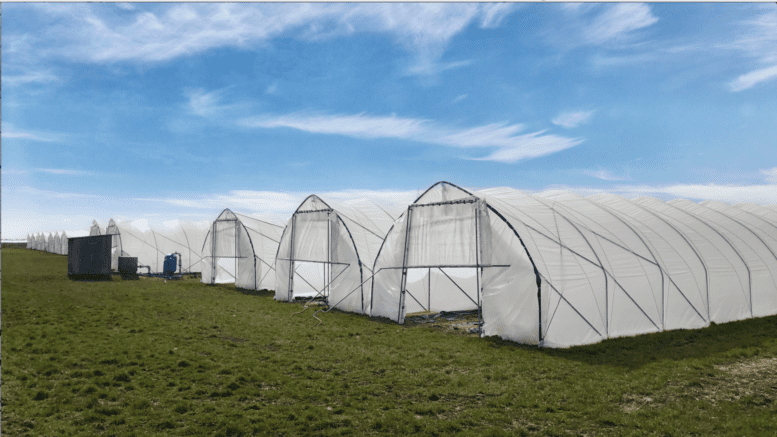Canadians went into a shopping frenzy in late February as the coronavirus pandemic intensified, clearing shelves of toilet paper and hand sanitizer. As panic set in, these items popped up on eBay and Facebook, where they were being resold for hundreds of dollars.
Many Canadians felt unprepared to enter quarantine and didn’t know quite what to do. But this need to “be prepared” is a lifestyle for some.
Survivalists, known in their own circles as “preppers,” are people who prepare themselves for a variety of emergencies, ranging from predicted catastrophic events to power outages.
The classic images that might spring to mind are bomb shelters stockpiled with canned goods, or stockpiles of ammunition and clean drinking water. But prepping looks different for everyone.
Meet the preppers:
Canadian prepper David Coffin, 56, says it means so much more than planning for a catastrophe.
“Prepping will be different for everyone; it is not something you can throw money at and make happen,” said Coffin, owner of Welshtown Haven, a rental property and homestead in Shelburne, N.S.
“There is no guideline as to how to prep. An ex-army man could survive with nothing more than a pocket knife and a set of matches, but for us suburban folk, for the most part, we’ll need to prepare differently.”

When people develop an interest in prepping, there is no shortage of resources online to guide their journeys. Canadians look to prepper groups, such as the Ontario Prepper Survival Network, or private Facebook groups such as Preppers & Survivalists of Canada.
But being a prepper is not all its made out to be.

“It’s all about self-sufficiency,” says Rose McLean, 53, said in a phone interview. “It’s not always like what you see on television.”
McLean, a self-proclaimed “passive prepper,” is referring to the extreme — building complex bomb shelters, complicated “bug out” (escape) plans and possessing loads of ammunition.
“Prepping isn’t always about what you have,” said McLean. “It’s about how you use it.”
For Coffin, prepping is all about permaculture – specifically hügelkultur (hoo-gul-culture). According to Hugelkultur.com, the term “was coined by German horticulturalists Hans Beba and Herman Andra in the late 1970s.”

Hügelkultur means “hill culture” – essentially building a mound of biomass (grass clippings, leaves, compost) overtop a trench filled with branches and logs. According to Permaculture Magazine, planting various shrubs, bushes and plants along the hugel bed, rather than directly in the ground, ensures the growth is sustained by the “long-term source of nutritious soil” from the decay of branches and logs below.
“You have to work with what you have,” said Coffin. “By working with my land, and I can make sure I can feed my family.”
Prepping isn’t a cycle. It’s a process. And it’s become a safety net for many.
“Our lives revolved around services, whether it be grocery stores, hospitals, heating and hydro,” says Dave MacDonald, of Survival by Training. “We need to be self-sufficient enough to go without them.”
Survival by Training, a branch of the International Canadian School of Survival Inc. (ICSOS), is the result of a first-hand experience to ill-preparedness. Focusing on training as a tool for prevention, ICSOS says “awareness leads to preparedness.”

The Government of Canada released an “Emergency Preparedness Guide” to assist in “preparing to take care of yourself and your families for a minimum of 72 hours” based on natural disasters such as severe storms, power outages or floods. The website Get Prepared has yet to update based on COVID-19.
Whether it be building a hügelkultur or storing non-perishables, being prepared is important.
COVID-19 has forced many Canadians to think differently about self-sustenance. Simple preparations can lead to relief — for ourselves, and societally.
“We aren’t the first to prep, and we won’t be the last.” said MacDonald “it’s important to remember that while COVID is scary, its nothing we haven’t seen before. We just need to be smart and take care of one another.”

